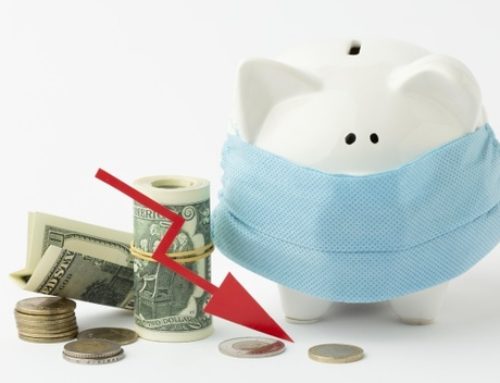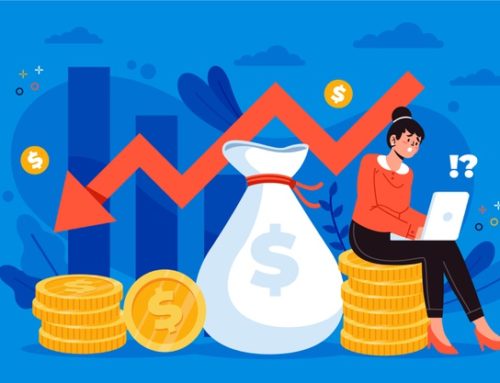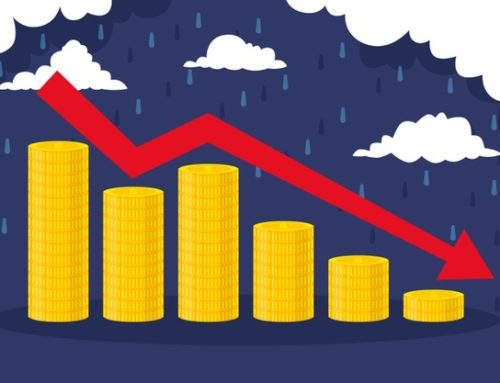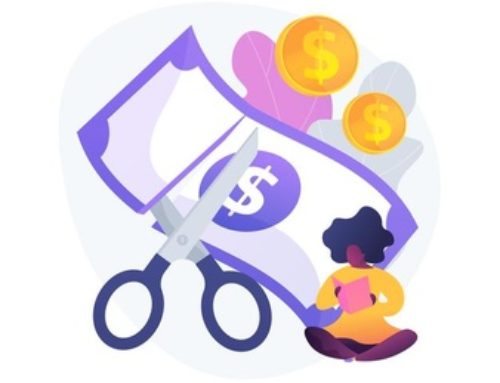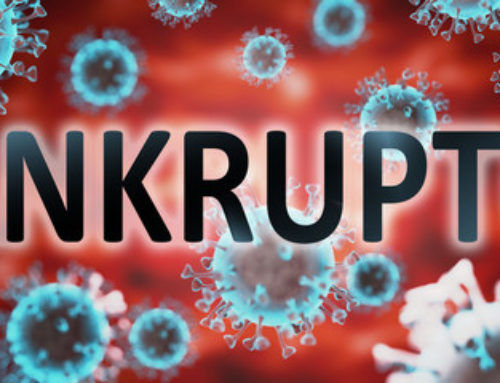Filing for bankruptcy is not an easy decision.You will need to weigh in factors such as your capacity to pay off creditors, the list of exempt property and nonexempt assets you have which will be placed in a bankruptcy estate, where you can get legal advice, and even how your credit score will be affected after filing.
Knowing what to expect when you file for a chapter 7 bankruptcy will help you decide if this is your best option and make it easier for you to accept the trade-offs. For individuals seeking debt relief, the following section describes the pros and cons of a chapter 7 bankruptcy petition.
Chapter 7 Bankruptcy Filing: Four Trade-offs
Debt management comes with certain trade-offs. Bankruptcy filers who are seeking to discharge some of their debts must be willing to accept the following prior to filing a petition:
- Loss of properties and assets
Based on the evaluation of the bankruptcy trustee appointed by the court, a debtor in possession of personal property or assets that are not exempt under bankruptcy laws must place these in the bankruptcy estate. These will be auctioned and proceeds shall be used to pay back lenders what you owe. Credit cards will also be lost, and you will also have to prepare for filing fees.
- Bad credit score
Having a history of declaring bankruptcy will be reflected in your credit record. This will affect debtors’ chances of applying for a loan or mortgage in the future. New credit lines may only be opened after a period of about three years and at a higher interest rate.
- Limited number of Bankruptcy filings
Once you have filed for bankruptcy, you may file for another Chapter 7 petition only after a period of six years. Moreover, if the bankruptcy court finds that you have enough disposable income, your case may be converted to Chapter 13 or the “reorganization bankruptcy”, where you will need to draft a repayment plan.
- Maintenance of Certain Debt Obligation
A court ordered bankruptcy discharge notice does not cover the following debts: unpaid child support, student loan balances (unless evidence of undue hardship resulting to one’s inability to follow the payment plan, is proven before a bankruptcy judge), as well as alimony.
Chapter 7 Bankruptcy Filing: Four Advantages
 After knowing the disadvantages of a Chapter 7 bankruptcy, you are probably wondering what could be some reasons to support a decision to file for bankruptcy protection. Read on to know four advantages of filing personal bankruptcy.
After knowing the disadvantages of a Chapter 7 bankruptcy, you are probably wondering what could be some reasons to support a decision to file for bankruptcy protection. Read on to know four advantages of filing personal bankruptcy.
- Immediate Relief from Collection Activities
The most prominent effect of filing a Chapter 7 bankruptcy is that the court will issue an automatic stay which shall put on hold all of your debt collectors’ harassment activities, phone calls, and even lawsuits.
- Faster Bankruptcy Proceedings
After you have filed your Chapter 7 case, bankruptcy processing will only take three to six months before relief from debt is attained.
- State exemptions
You can keep some property. Liquidation of assets shall only apply to properties owned by the time you file bankruptcy. Salary, wages, and new properties bought after you file for Chapter 7 will not be seized.
- Eligibility to File for Other Bankruptcy Types
You may only file one Chapter 7 bankruptcy every six years, but this does not mean you cannot file for other types of bankruptcies, such as Chapter 13, when you experience another financial distress and need to have your debts discharged.
Are you considering filing for bankruptcy? A bankruptcy attorney may help you assess your situation and provide sound advice on how best to move forward.
Before filing bankruptcy, you need to know that bankruptcy cases do not always end up with the same outcome. This is why setting your expectations based on the information provided above will help avoid any regrets after the court decision has been released. Accept that debt relief would come at a cost. However, you may be able to minimize your loss by letting a bankruptcy lawyer guide you through the process.
Bankruptcy lawyers can help filers preserve their valuable assets when a Chapter 7 bankruptcy is the only viable option. If you are in need of one, you may contact bankruptcy attorneys from Northwest Debt Relief Law Firm, who offer free consultations. You do not need to face your financial troubles alone, contact their law firm now to discuss your options.

